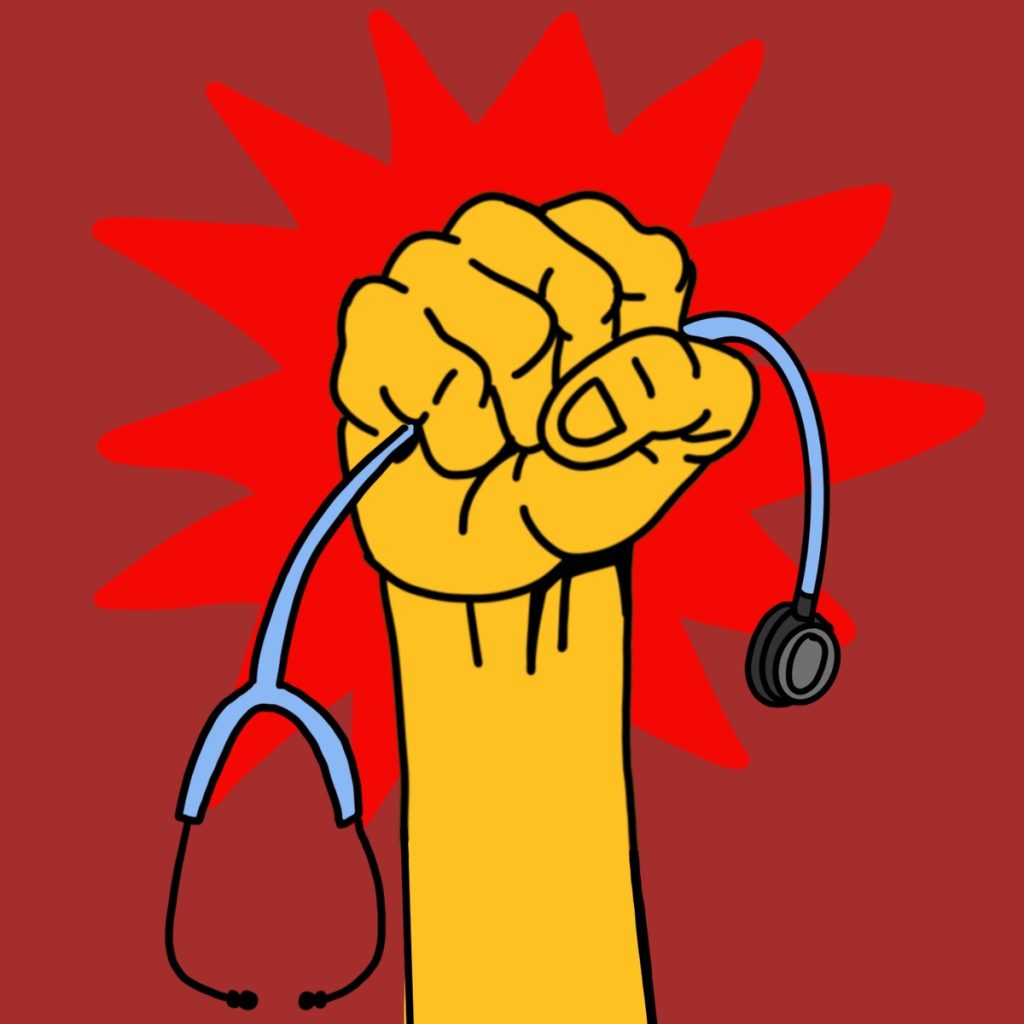Following the education sector, the CUPE strike affected the medical sector just a day after it was put into action on October 30.
According to a news release on the NB government website, services that were recently established to handle COVID-19 cases might struggle to accommodate their patients.
“Labour disruptions targeting [those] services would result in a significant reduction in the health system’s capacity to provide COVID-19 screening for access to hospitals, COVID-19 assessment and PCR testing, laboratory services, and vaccination.”
Horizon Health Network reported that 2240 patient appointments/procedures and 37 surgeries were cancelled due to the ongoing strike as of November 3. Staffing challenges have also delayed their ability to respond to phone inquiries and registrations. However, Horizon’s emergency department and essential health care services will remain open to patients.
As for Vitalité Health Network, they recorded 679 patient appointments/procedures and 90 surgeries cancelled as of November 4. Some services such as the emergency department and inpatient care are to remain open while surgery services or imaging services (x-rays, scans, etc.) are reduced.
On November 5, CUPE healthcare workers were ordered to go back to work by the province. This included roughly 2000 workers in locals 1252, 1190, and 1251 who are support staff in vaccination clinics and hospitals.
Following this order, many facilities resumed delayed health care services with a notice that it might take some time to work through the waitlist. Vitalité Health Network updated their status on the official website.
“Over the next few days, the Network will work on increasing its level of service, namely its capacity to perform surgical procedures.”




